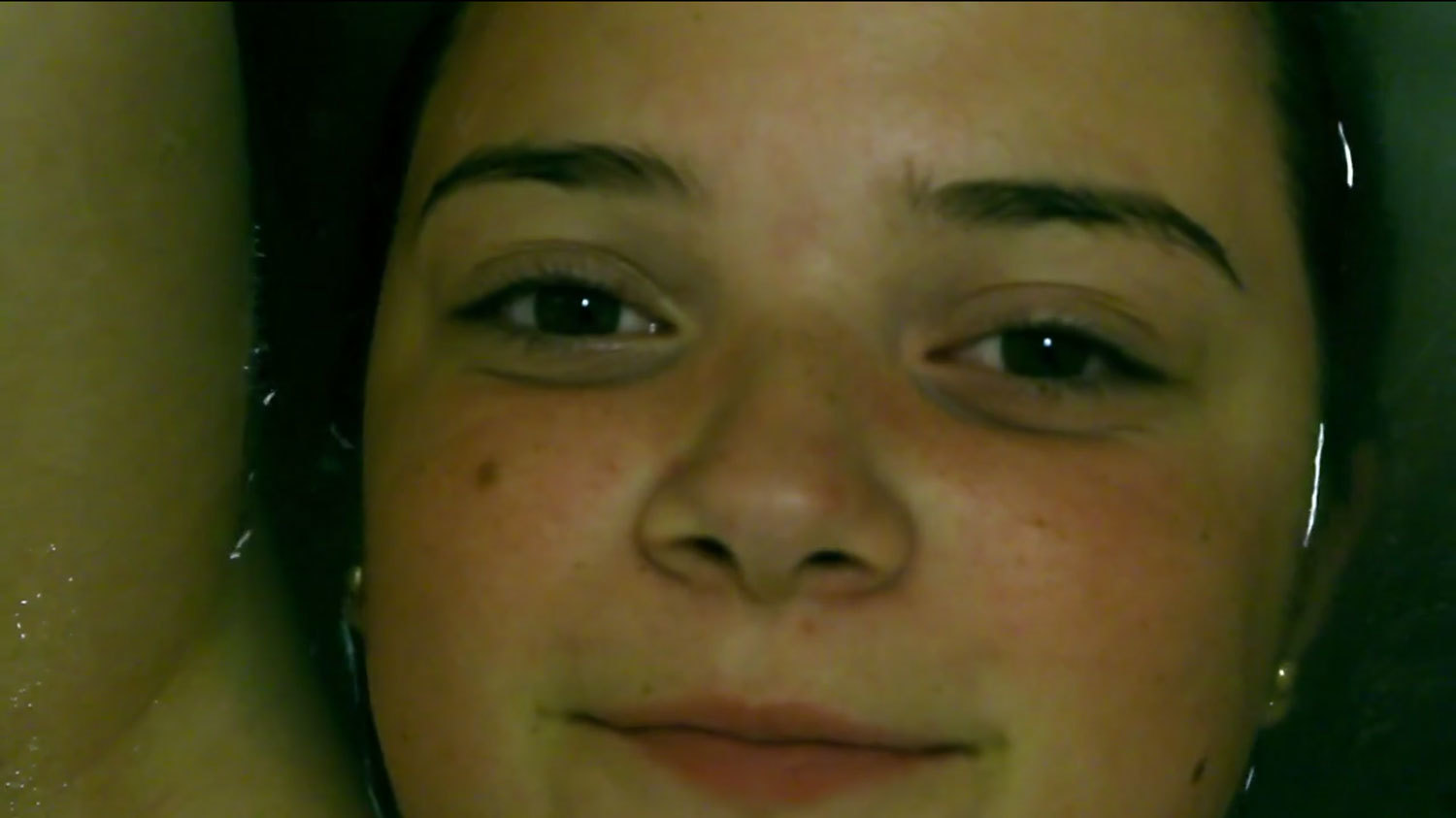Essex-born Daisy-May Hudson documented her family as they went through the difficulties of becoming homeless and living “halfway” between homes back in 2013. It came after their landlord chose to sell their home of 13 years, leaving them priced out of other private accommodation. Daisy, her mum and sister had to move into temporary accommodation because there were no council homes for them, and so she decided to make a film about the whole process. “Having felt first hand what it feels like to lose my home, it made me furious and I wanted to tell everyone about it!” Daisy says. i-D caught up with Daisy to talk about the taboos around “scrounge culture”, her activist heroes and the great feeling of the power of pulling together.
FIND out how London’s changing with our series exploring the shifting city.
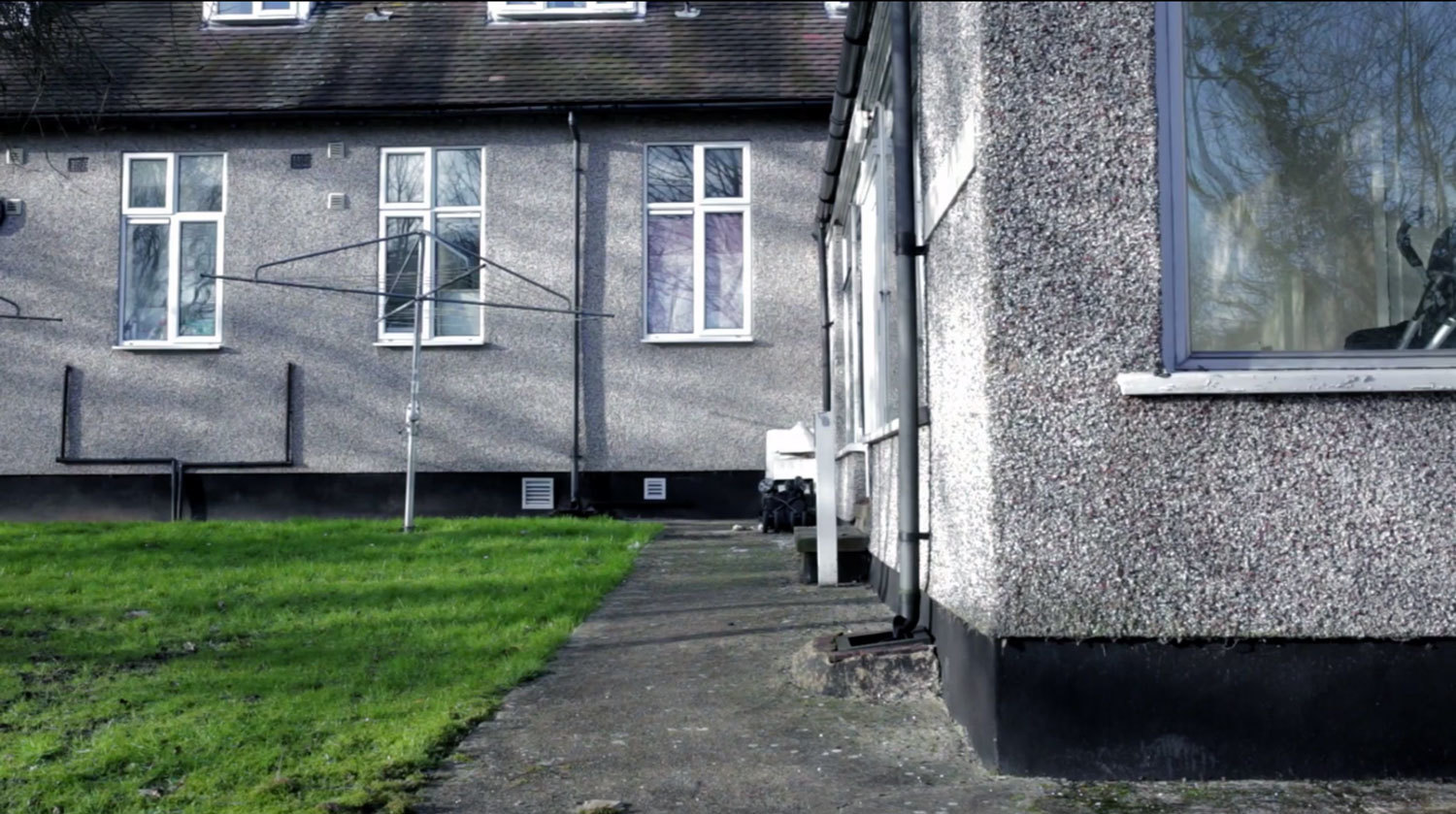
What do you stand for?
I am a housing campaigner, writer and filmmaker. A home to live in is a basic human right and everyone has the right to live in their home, in peace. The greed of government, councils, developers and investors have turned housing into big business and their profiteering is pushing thousands of people out of their homes because ultimately, their land is worth more than them. This is fundamentally wrong. I also fight for and concern myself with insuring true social and economic equality and freedom of everyone. Everyone has the right to happiness, health and power.
What do you want to achieve?
I have a few things I’d like to achieve in my lifetime – I guess I’ll sleep when I’m dead. But right now, I want to bust the bullshit on the national housing crisis and regeneration in London, hold politicians and local councils accountable for what they are doing and keep on fighting until everyone has a home to live in that is truly affordable and secure. I want to show people what it feels like to lose your home and change the recurring narrative around homelessness by getting my film Half Way seen by as many people as possible. I want people to know the solutions are there and feel empowered by that; it’s just not in the financial interest of those at the top so it’s important we take back the power. As more and more people are pushed to breaking point whether that’s destruction of council housing, displacement, rough sleeping, rogue landlords, young professionals who will never have a chance to buy their own place or parents living with all their adult children living with them. 2016 is a big year for the housing fight back. It has to be.
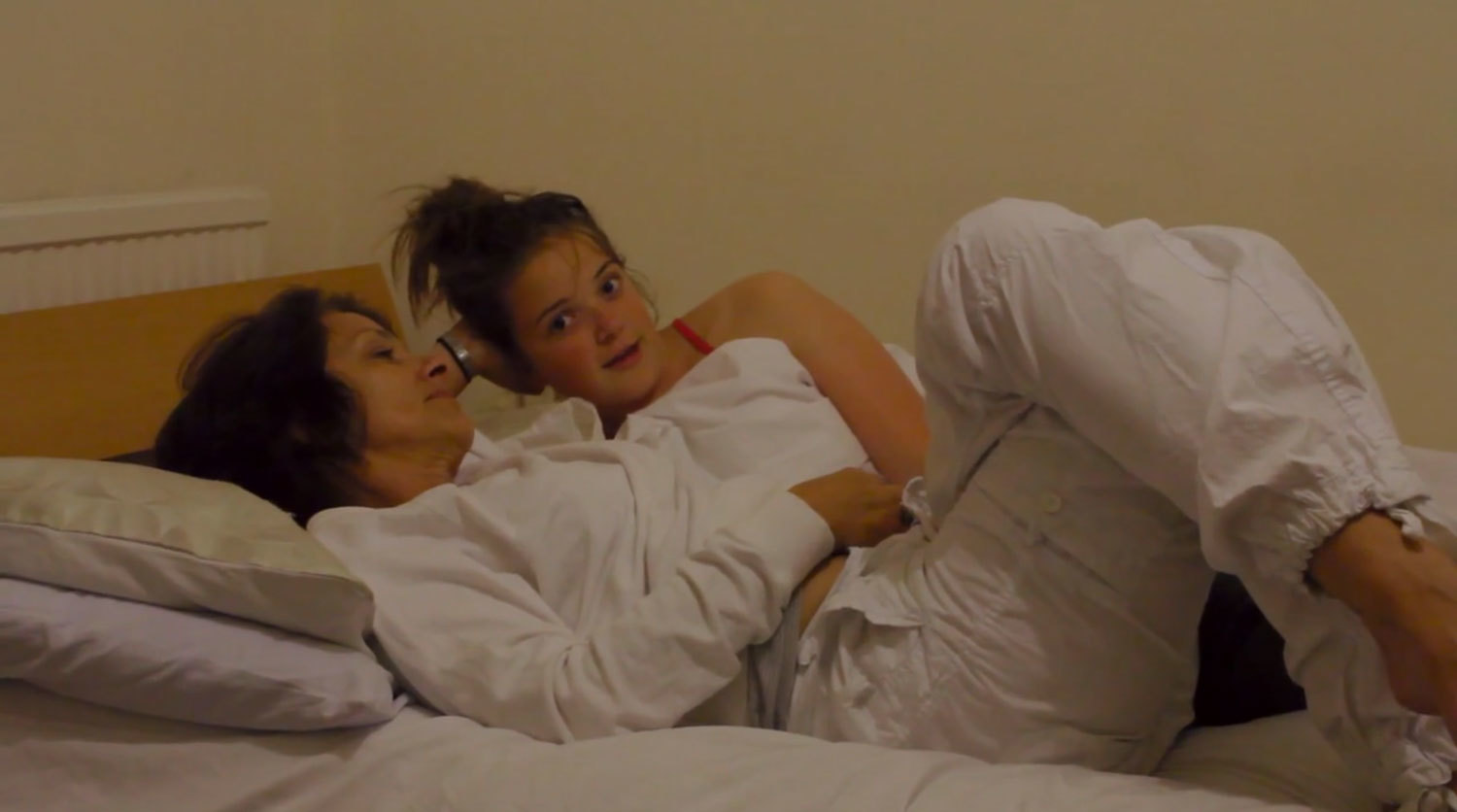
How do you intend to do it?
Breaking the silence in the media and encouraging people to question everything they’re told by politicians. “Sorry, we’re in a housing crisis” has become an excuse for people in power to not do anything about it. It’s become a kind of abstract thing, just part of the furniture. There’s no urgency, and that’s because the housing crisis actually puts more money in the pockets of the wealthy and has catastrophic effects on people’s lives that are in the lower end of the economic spectrum. Half Way humanises the effects of soaring rent prices, impossible mortgage rates, evictions and living as homeless – I hope it will inform people’s thinking and get them angry about the way we’re constantly lied to. The decisions made for profit are so far removed from the reality of losing your home; the pain, anguish and psychological effect it has on people and this alienation is dangerous. Too much onus is put on the failure of the individual and not on the failure of society – and I want to change that. It’s important that we break the stranger silence, we need to know how good it feels to be part of a collective and the power we have when we stick together, so it’s about going out and having face to face conversations and building the sense of community which neoliberalism and its biggest fans (Thatcher, Cameron, Osbourne etc) has worked so hard to strip away. This collective sense of empowerment, along with political occupation, direct action, international linkups and intelligent and critical policy negotiations is what’s needed.
Who do you look to for inspiration when it comes to activism and standing up for what you believe in?
From history, it’s strong, intelligent and powerful women like Angela Davis and Assata Shakur. They are examples of unwavering strength and determination compelled to fight against the systems that kept them oppressed based on their own experiences of growing up as black women in racist America. Presently, it’s the Focus E15 Mothers Jasmin Stone and Sam Middleton. When you’re faced with the prospect of eviction, homelessness and housing struggle it feels like a very alienated and personal battle. Society conditions us to think we should feel ashamed by housing struggle, by being on benefits, or living as homeless, and those feelings of shame and anxiety means a lot of people just put their head down. I was active by writing about my experiences and making Half Way to give a voice to the thousands of families living as hidden homeless – but I didn’t feel like I could take direct action because we felt like the council had all the power. When I met the mums, they had so much fire in the bellies to end the housing crisis by highlighting the hypocrisy of what we’re told by politicians and the media. They are so powerful, so articulate and their fight is infectious.
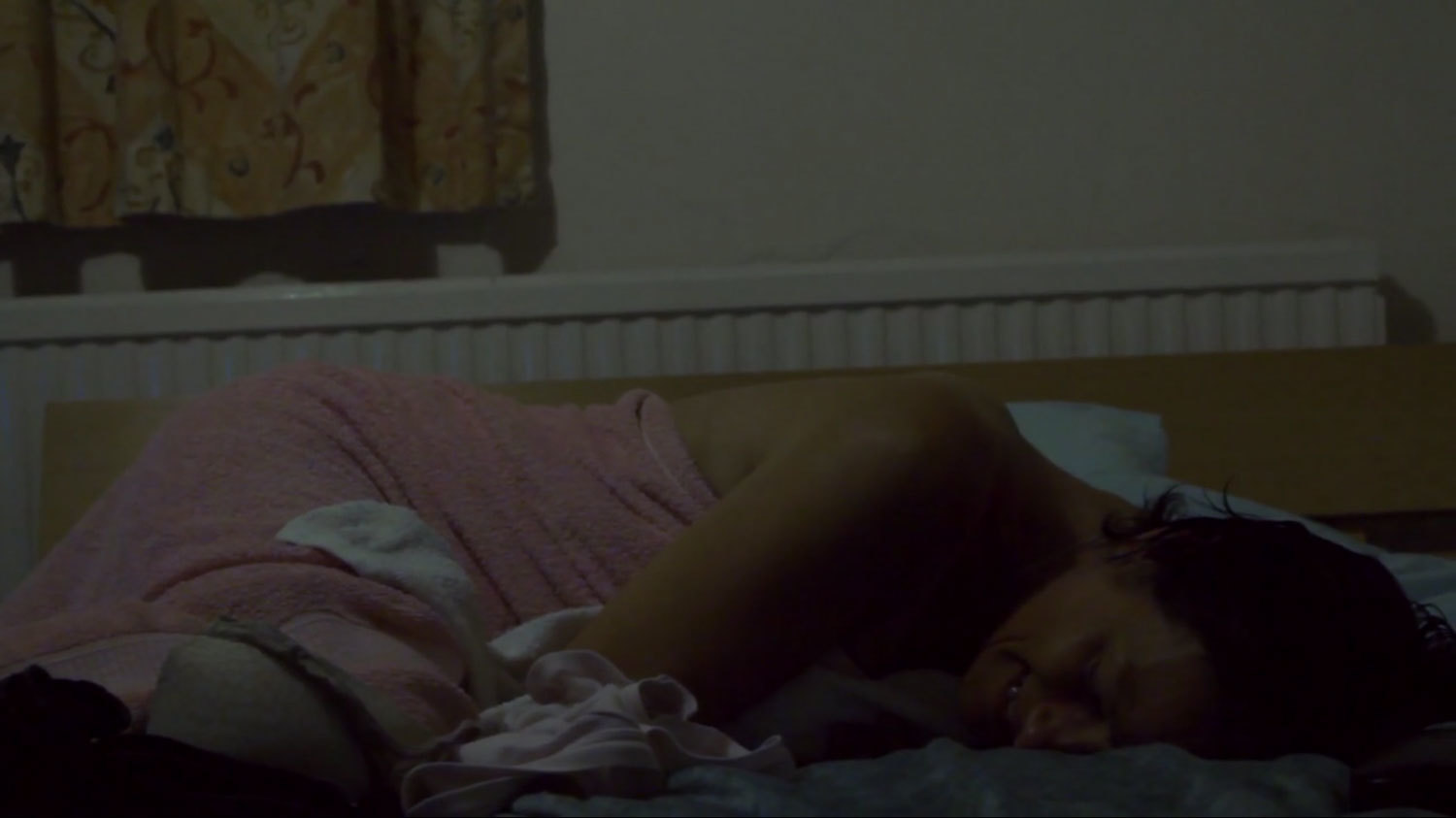
How important is it to voice your opinions as a young person?
I think there’s a misconception that young people are apathetic. They’re not apathetic – they’ve just been conditioned to believe that they can’t do anything about what they don’t agree with. They feel so far removed from the politicians and confused by the hypocrisy, and that’s actually a form of control. People are now more inclined to rant on a Facebook post or Tweet about how shit they’re feeling about the world because people are desperate to have their voices heard but don’t really know and have never been taught how to communicate that. It’s about young people voicing their concerns, but then doing something about it to activate that change.
What is the most shocking fact about housing in the UK?
There are 93,000 homeless children in Britain (i.e. living in temporary accommodation). We should be building 75,000 social rented homes a year to keep up with demand, as council housing is increasingly becoming the only possible option for some many people in the UK. In 2011/12 just 35,000 were built, already way less than this, but by 2013/14 this plummeted by two thirds to just over 10,000. For every five homes sold through Right to Buy, only one is built. And this is generally a more expensive “affordable rent” home (i.e. 80% of market rent so still unaffordable for many) rather than a social rented home. If food prices had risen at the same rate as house prices a chicken would now cost £51.33
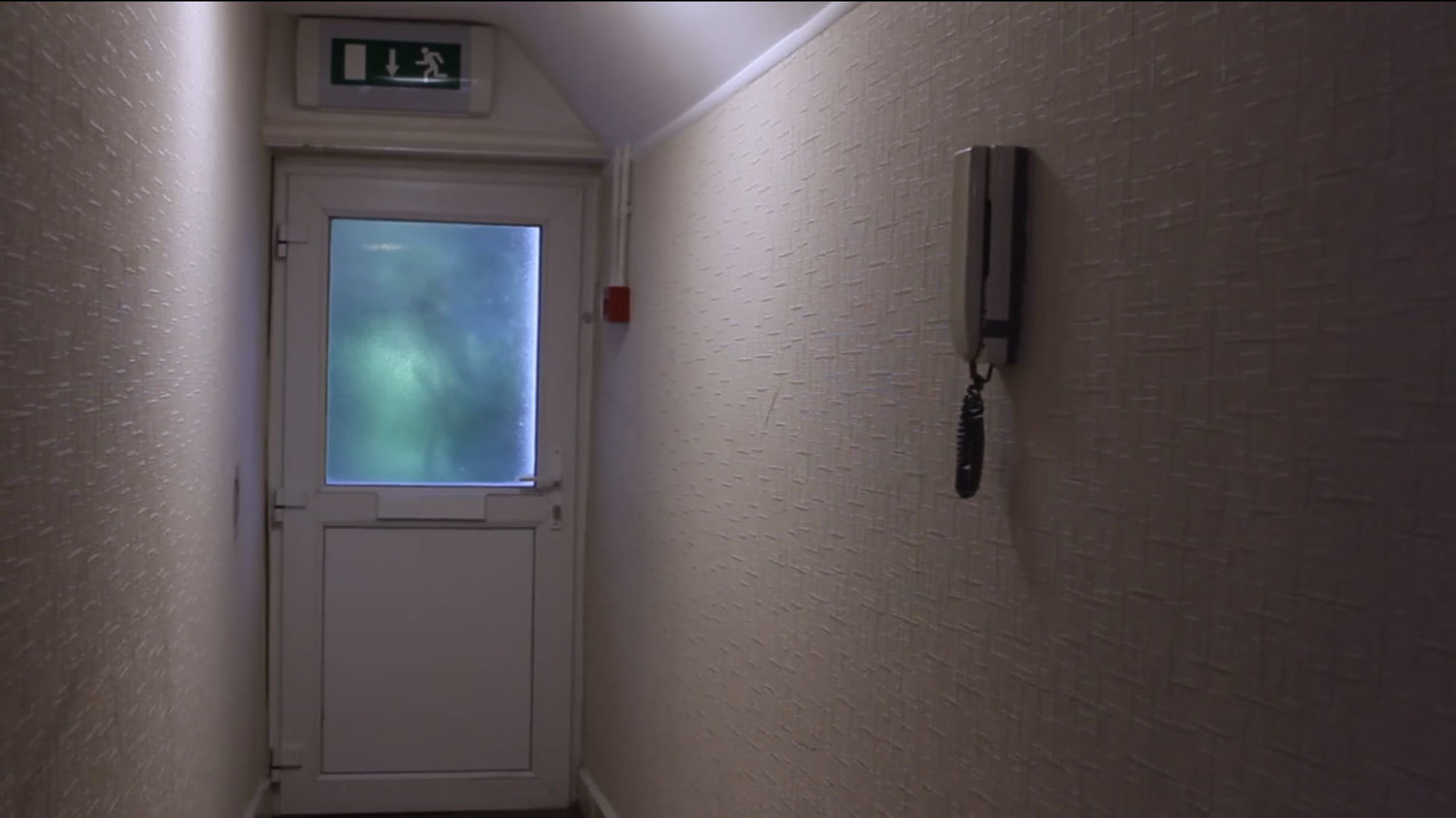
What is the one message you want to convey through your campaign?
I want to humanise the statistics and show people that this is not the problem of the individual but of society. The “housing crisis” is solvable immediately but politicians aren’t doing anything about it.
What is the best advice you would give to people who want to make a difference?
If you feel something, do something about it. Question everything and be empathetic to all your fellow human beings. Find similarities between each other and help each other in the struggle. Always be positive and if you don’t feel positive about something, be active to positively change that. Don’t be scared. Get out and make those real life connections again, because when you protest and campaign in groups you realise your collective power and it feels fucking good!
Credits
Text Sarah Raphael
